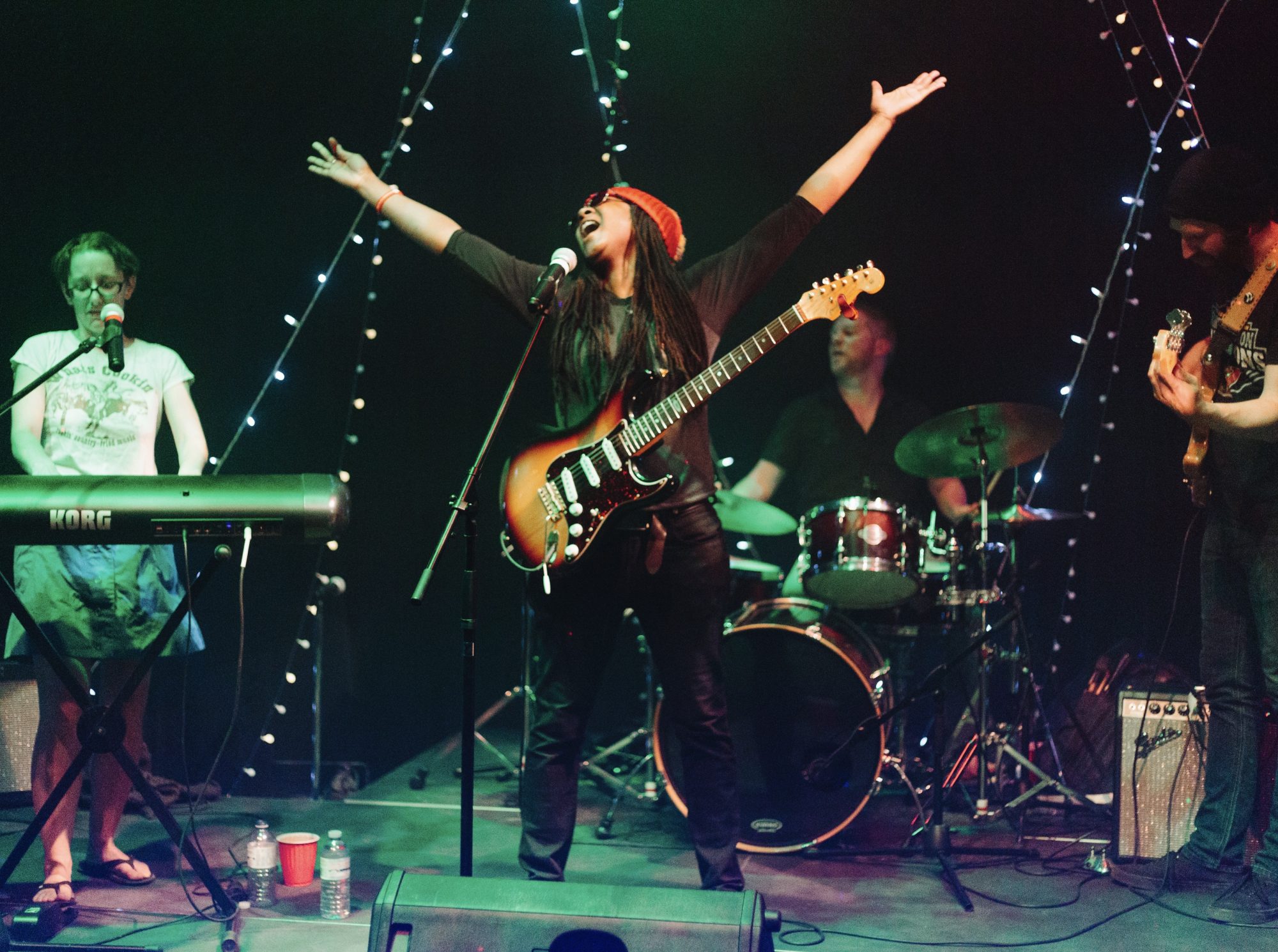What can people expect for this year’s Nextfest?
All of our content has gone completely online, and as you may know, this is our 25th anniversary of Nextfest, so our festival is always dedicated to producing and showcasing emerging artists. All of the artists are in their first 10 years of their careers, whether it be dance, music, film, theatre etc.
How has this year’s festival changed?
So this year, all of the art has pivoted to be digital and it’s all accessible online. Every day of the festival, there’s going to be new content. Basically, you just have to sit down in front of your computer, and you can access all of the content for free.
What has the reaction been from the public?
Folks are really excited that we were able to continue to support emerging artists. It is just really exciting that emerging artists still get to create their projects that they’ve been working on for the past year or two. This festival is a really huge part of a lot of emerging artists’ careers because it’s usually the first time they get paid to be an artist. This was also the case for me when I was a young playwright about 15 years ago. It also allows for people to experience the festival even if they are not in Edmonton.
What are the challenges that come with turning an in-person festival virtual?
It was definitely a huge learning curve. This is my fourth year as a festival director, so a lot of our focus in the last 24 years has been putting on a live performance festival with two or more venues. So, there was a real pivot that we had to make in learning how we were going to do this. We had to find out what the best way to present online content was. Our team spent a lot of time researching different streaming platforms — we finally decided on Twitch because it allows for the audience to watch the content, but there is also a chat function so they can comment on what they are seeing and interact with others. We really wanted this function because a big part of the festival is going out into the lobby after you see a show and being able to chat with the artist, so we wanted to keep that part alive. Also, every single thing in the festival that is going live as a part of our content is going to be closed captioned for the deaf and hard of hearing community. There has been a lot of challenges, but it has been really rewarding because it has made our content accessible to other communities. Our hope is that next year when we return to a live festival that there will be some of the elements that we learned this year carried on.
